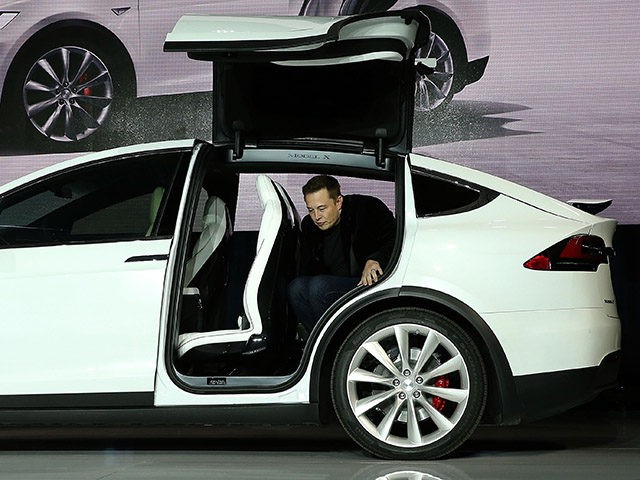Tesla co-founder and CEO Elon Musk said Tuesday that he is considering privatization of his publicly-traded electric vehicle company.
Musk claimed on his personal Twitter account to have secured funding for the maneuver, estimating the per-share valuation of the possible transition at $420.
UPDATE: The furor over Musk’s tweets has led to a halt on $TSLA trading. Musk has followed up with an offer for current stockholders to keep their shares and “go private” — without knowing further details on the company’s board and governance structure.
UPDATE II: Musk releases an official statement for the company. It reads in part:
[T]he reason for doing this is all about creating the environment for Tesla to operate best. As a public company, we are subject to wild swings in our stock price that can be a major distraction for everyone working at Tesla, all of whom are shareholders. Being public also subjects us to the quarterly earnings cycle that puts enormous pressure on Tesla to make decisions that may be right for a given quarter, but not necessarily right for the long-term. Finally, as the most shorted stock in the history of the stock market, being public means that there are large numbers of people who have the incentive to attack the company.
…
This proposal to go private would ultimately be finalized through a vote of our shareholders. If the process ends the way I expect it will, a private Tesla would ultimately be an enormous opportunity for all of us. Either way, the future is very bright and we’ll keep fighting to achieve our mission.
Tesla’s current valuation is approximately $61 billion via its market capitalization. With approximately 170 million outstanding shares, Musk’s proposed privatization of the company at $420 per share would require $71.4 billion, about a 17 percent increase.
Tesla laid of nearly 9 percent of its workforce in June in pursuit of its target production rate of 5,000 Model 3 cars by the same month’s end.
Reports in July indicated that one in four Model 3 orders were being canceled and that delivery times for the vehicle were being pushed back. Tesla subsequently denied that cancellations for its Model 3 sedan are outpacing new orders.
Tesla’s share price dropped 1.1 percent in late July following the aforementioned reports of order cancellations for its Model 3.
Musk also rankled his critics in July with an announced plan to manufacture Tesla products in China — siding with the authoritarian government over the United States in the middle of a raging trade battle.
Follow Robert Kraychik on Twitter.

COMMENTS
Please let us know if you're having issues with commenting.